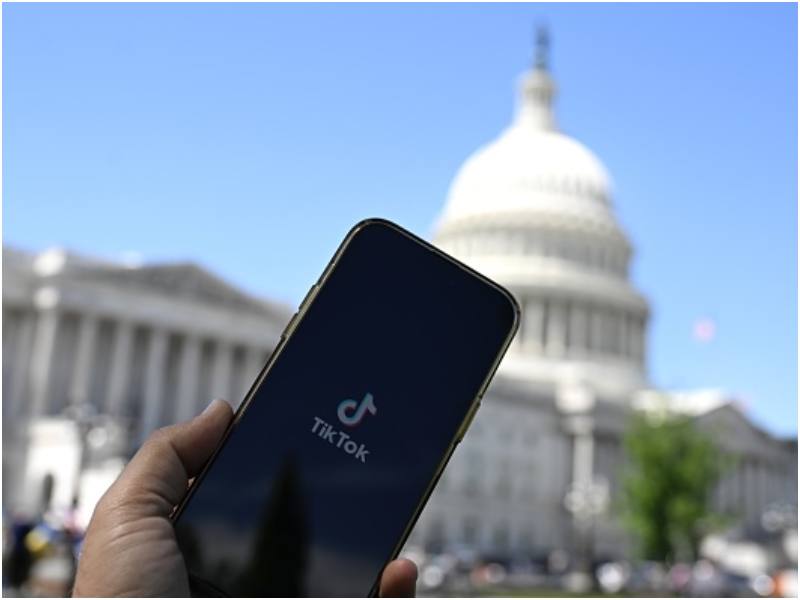U.S. Appeals Court Upholds TikTok Divestiture Law: Ban Looms by January 19
A U.S. federal appeals court on Friday upheld a law requiring ByteDance, the Chinese owner of TikTok, to sell its U.S. operations by January 19, 2024, or face a nationwide ban. This ruling represents a significant victory for the Justice Department and national security advocates, while delivering a major blow to ByteDance. The decision sets a high-stakes deadline that could disrupt a platform used by 170 million Americans.
Court Affirms National Security Risks Linked to TikTok
The court’s decision highlighted bipartisan efforts by Congress and two administrations to counter perceived threats from China. Judges Sri Srinivasan, Neomi Rao, and Douglas Ginsburg concluded that ByteDance’s control of TikTok poses a well-documented national security risk. The ruling emphasized concerns about the potential for Chinese government interference, manipulation of public discourse, and the misuse of Americans’ data.
Attorney General Merrick Garland supported the ruling, stating, “This decision is a crucial step in preventing the Chinese government from exploiting TikTok to compromise sensitive information, manipulate content, and undermine U.S. national security.”
TikTok denied these allegations, asserting it has never shared, nor would it ever share, U.S. user data with the Chinese government. The company vowed to appeal to the Supreme Court, citing violations of First Amendment rights.
Free Speech Advocates and TikTok Push Back
The American Civil Liberties Union (ACLU) condemned the ruling, arguing that banning TikTok would infringe on the First Amendment rights of its millions of American users. “This decision establishes a dangerous precedent by limiting free expression and communication globally,” said Patrick Toomey, deputy director of the ACLU’s National Security Project.
TikTok echoed these concerns in its statement, asserting that the Supreme Court has historically protected free speech and expressing confidence that it would overturn the appeals court’s decision.
TikTok’s Future Hinges on Divestment or Extension
The upheld law requires ByteDance to divest TikTok’s U.S. operations by January 19. President Joe Biden holds the authority to grant a 90-day extension, but it remains uncertain whether ByteDance can demonstrate sufficient progress toward compliance.
If the ban proceeds, major consequences are expected for users and the tech industry. TikTok users will lose access to the app, while advertisers will shift to competing platforms like Meta’s Instagram and Google’s YouTube, both of which saw stock gains following the court’s decision.
In its analysis, the court acknowledged TikTok’s expansive influence but affirmed that its ties to ByteDance present unique threats to U.S. national security. Judge Ginsburg, who authored the opinion, wrote, “The app’s reach is precisely why Congress and multiple presidents deemed divestment necessary.”
This pivotal ruling underscores a growing clash between national security concerns and individual freedoms, setting the stage for a potential Supreme Court showdown that will determine TikTok’s fate in the United States.

